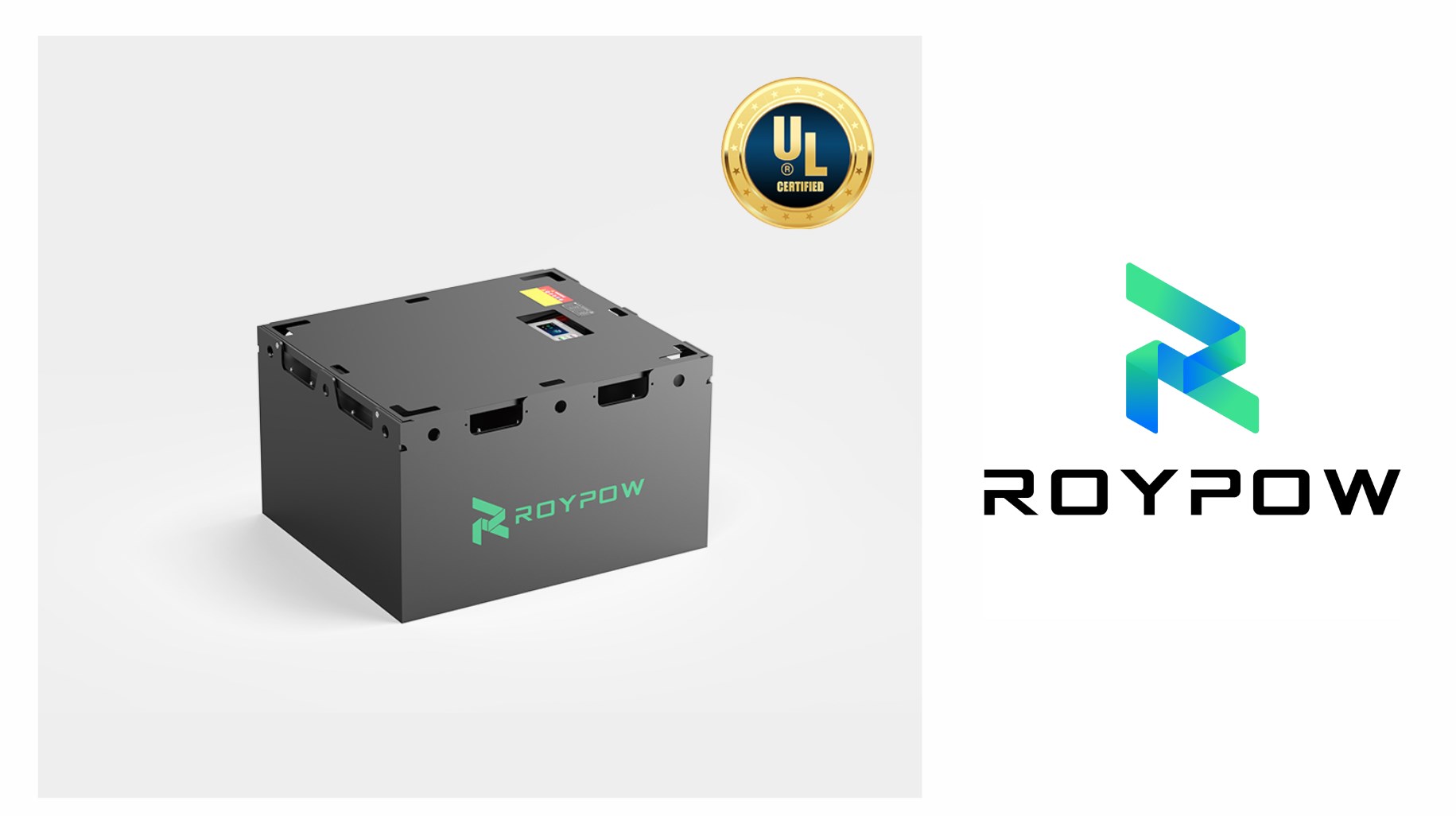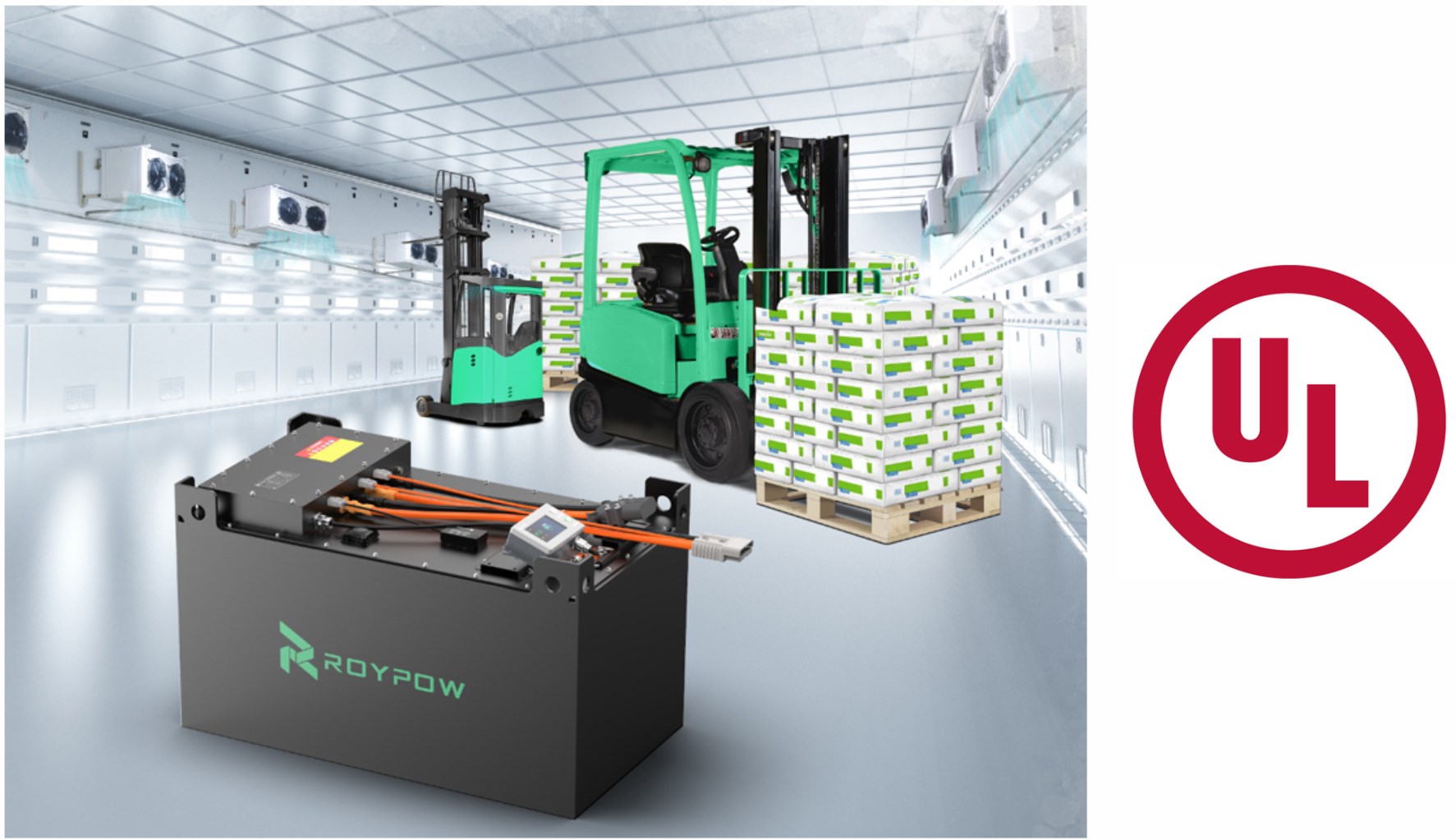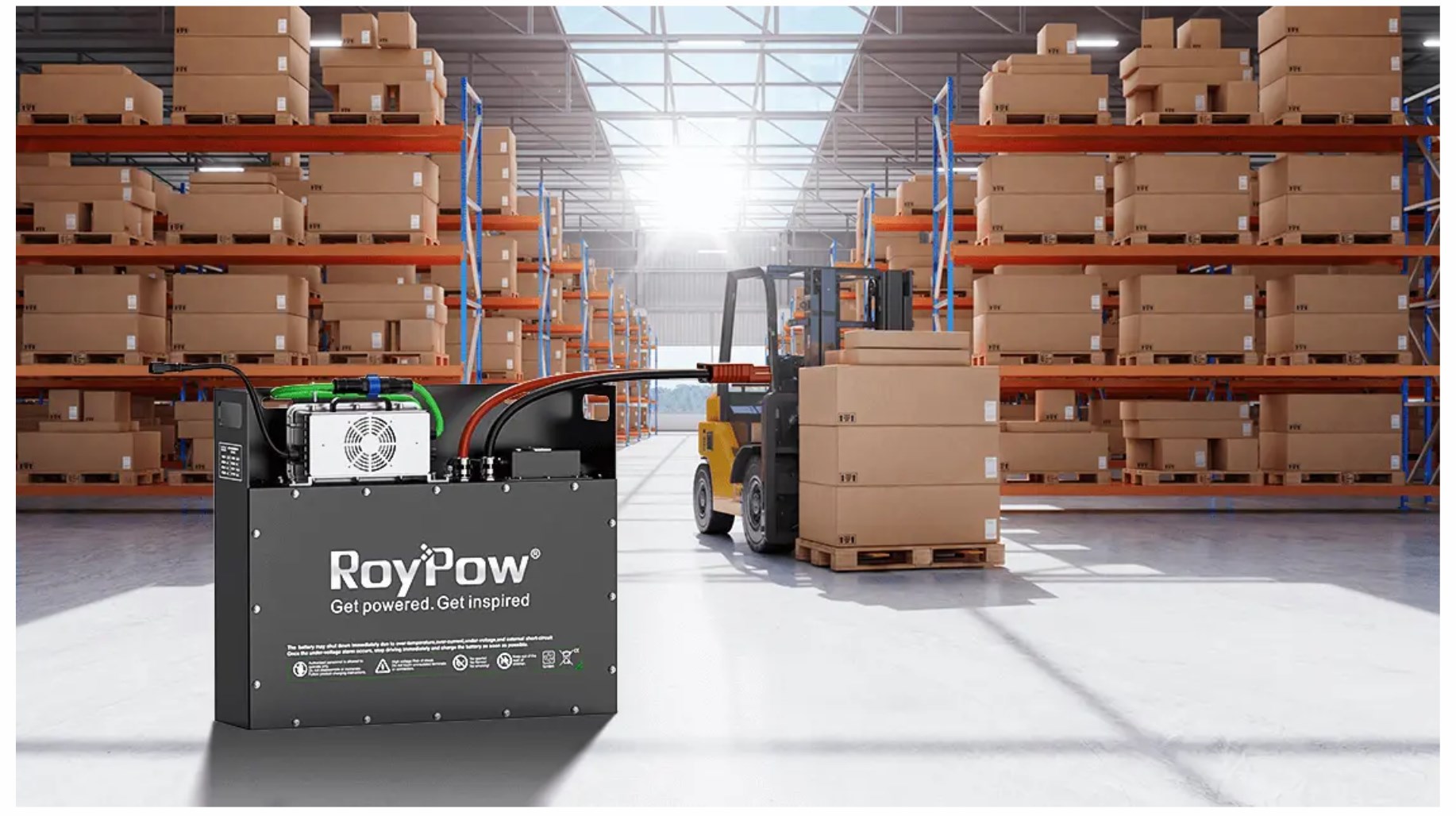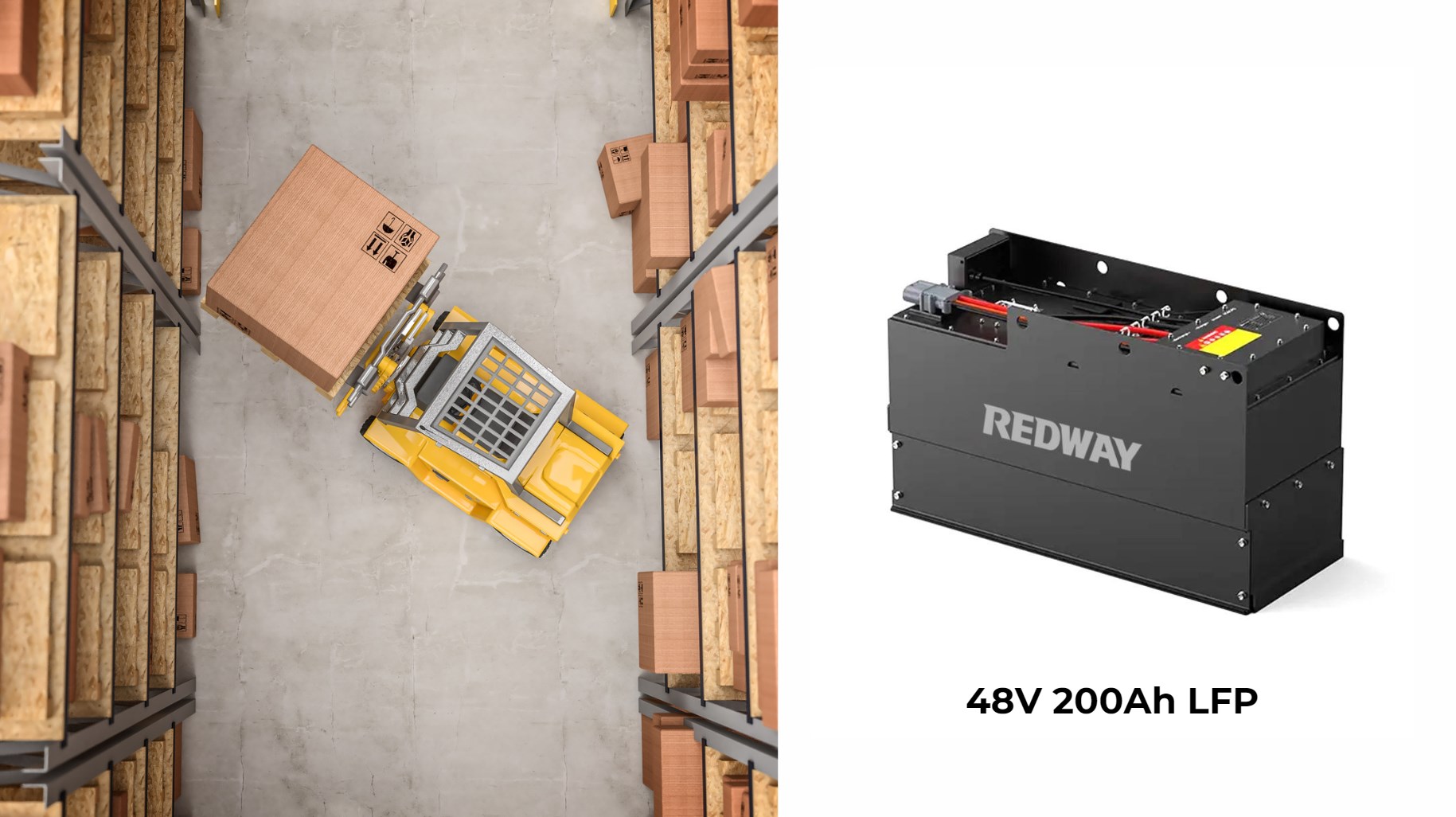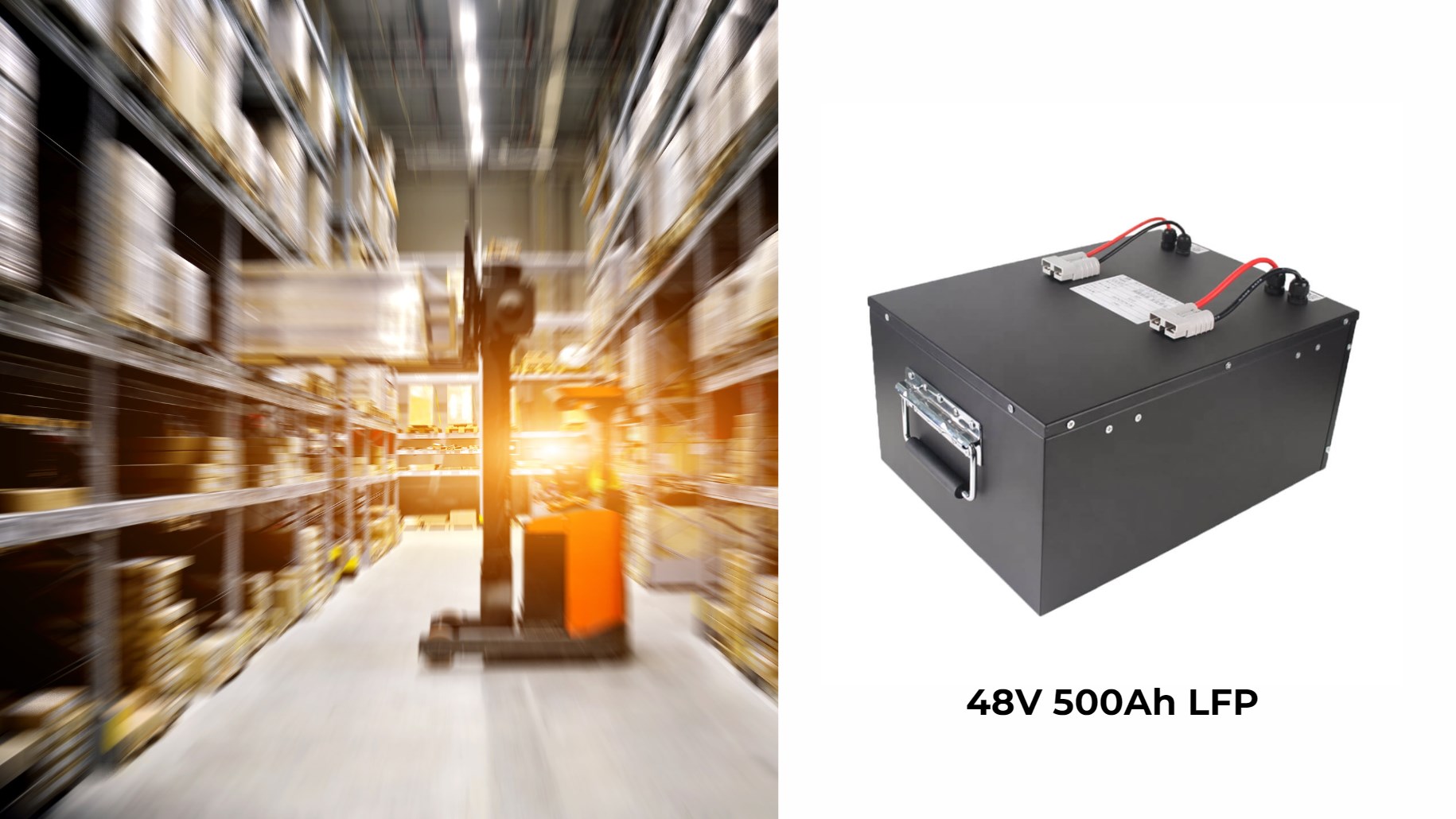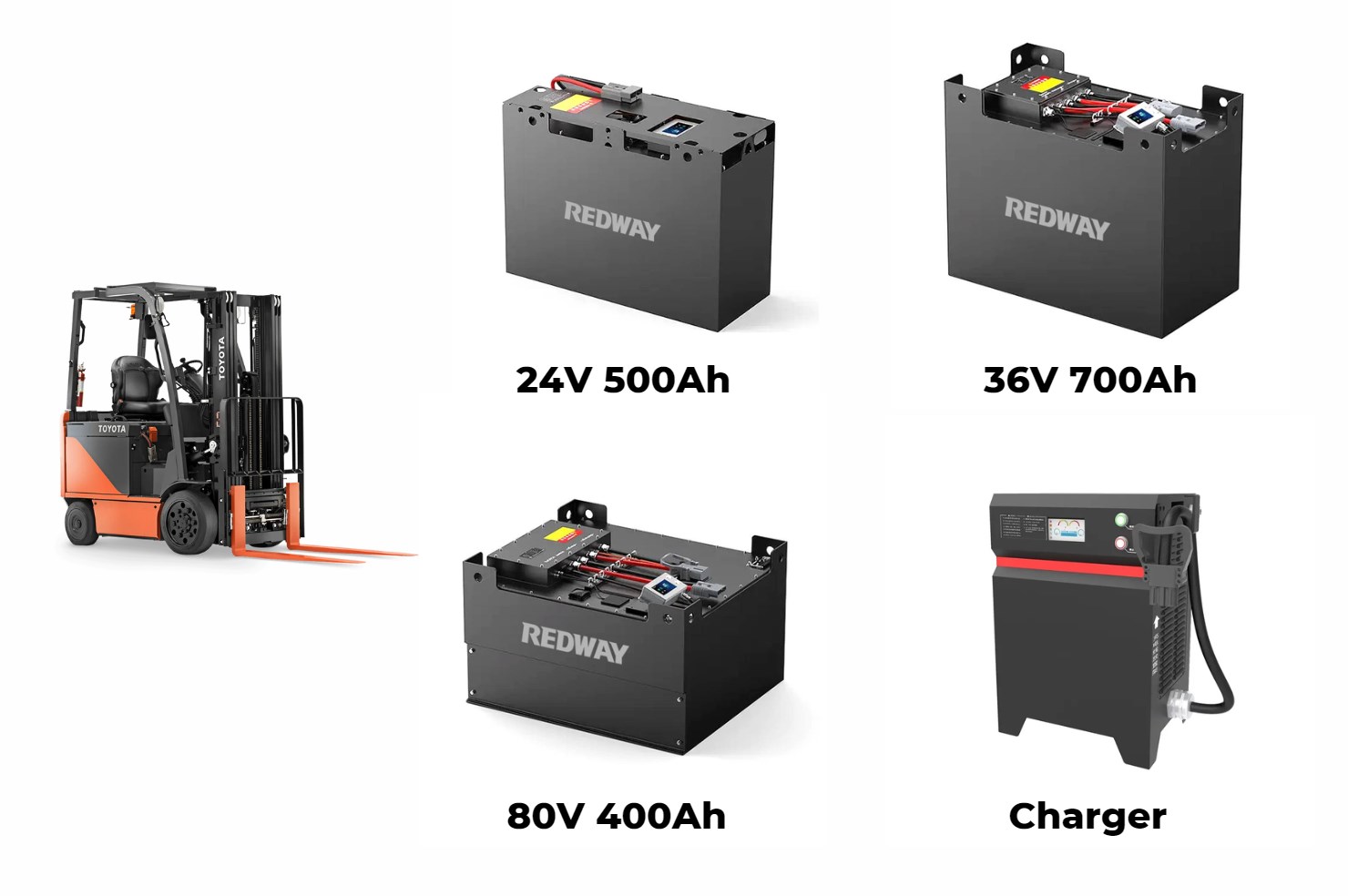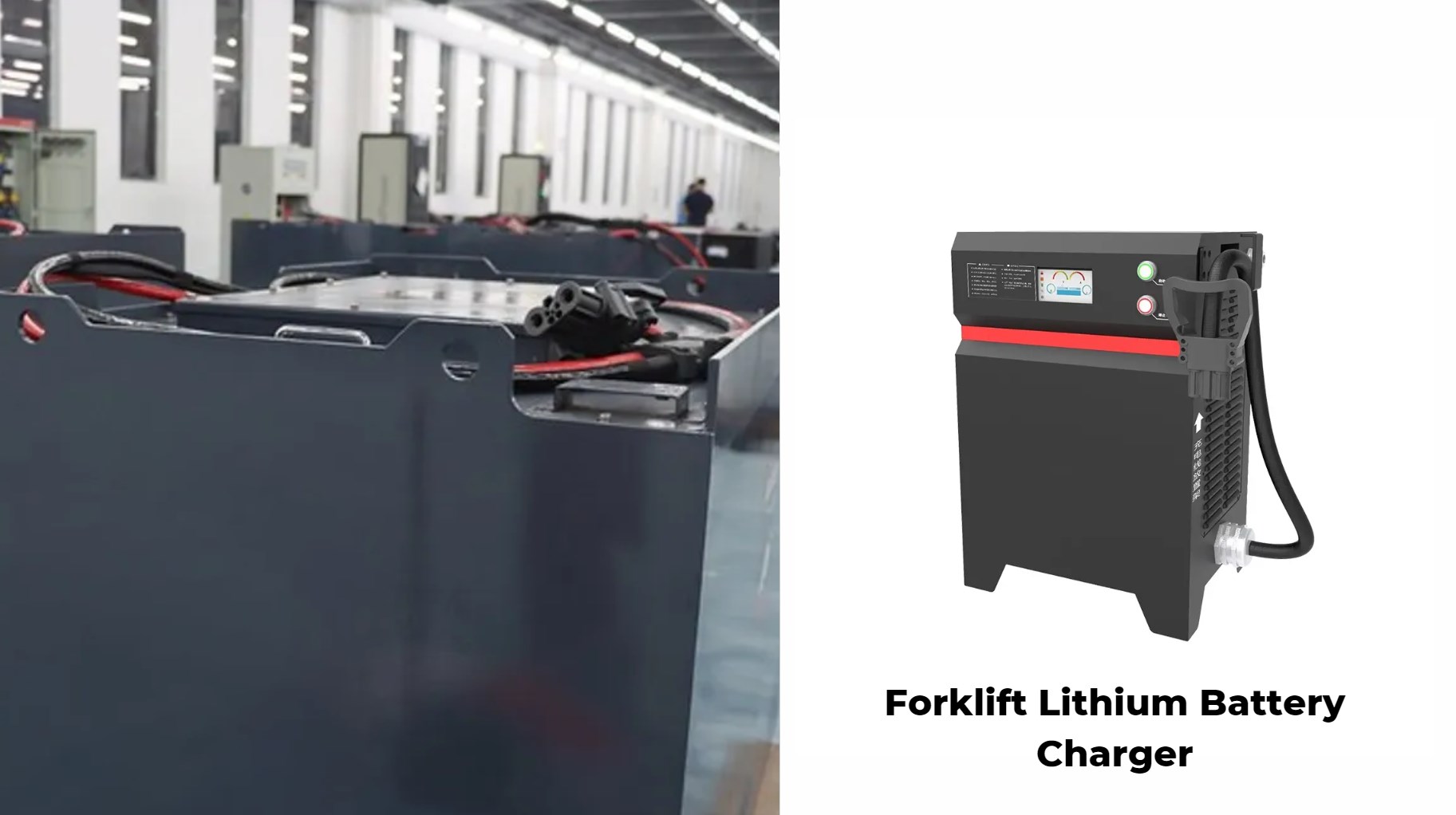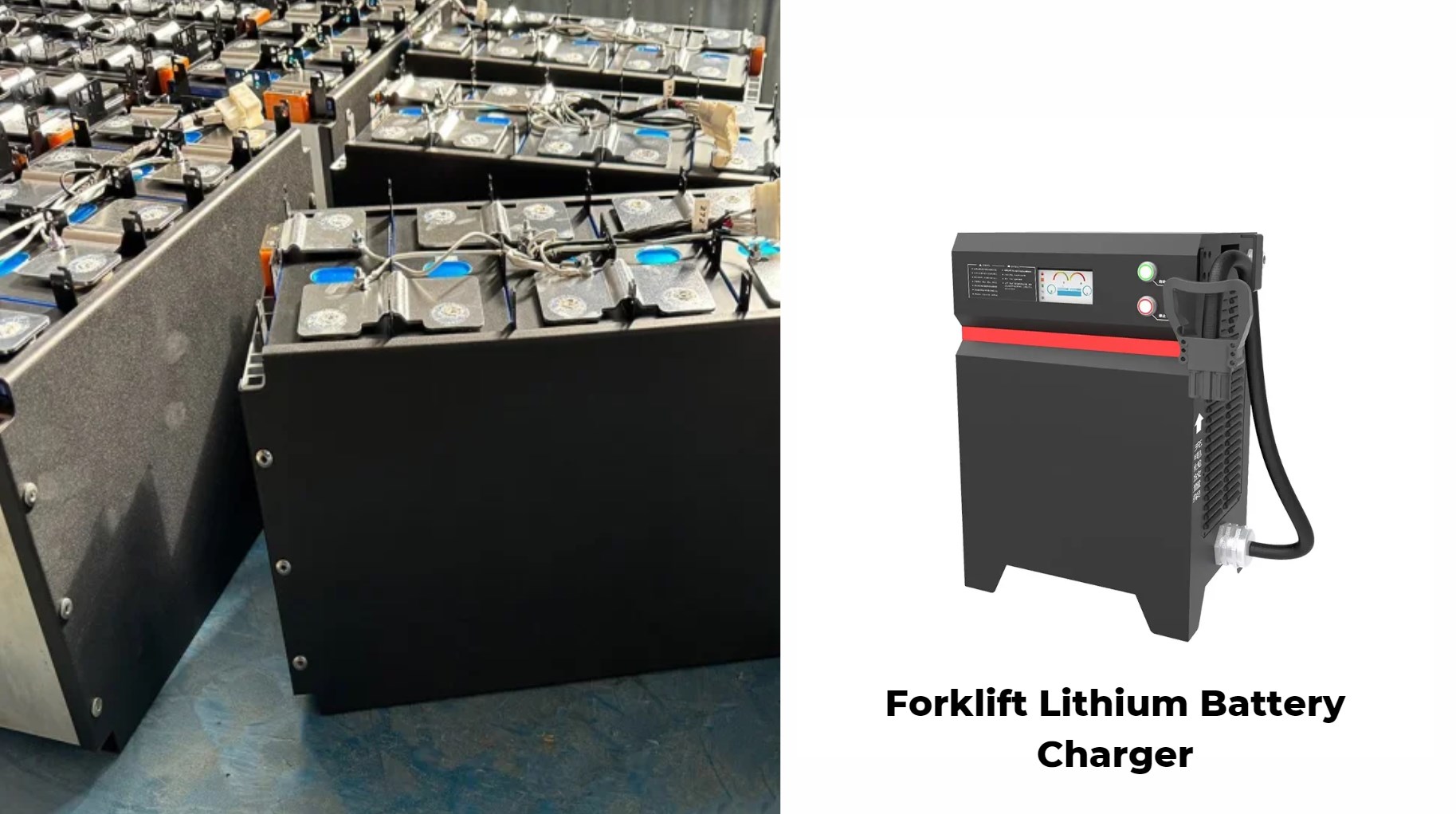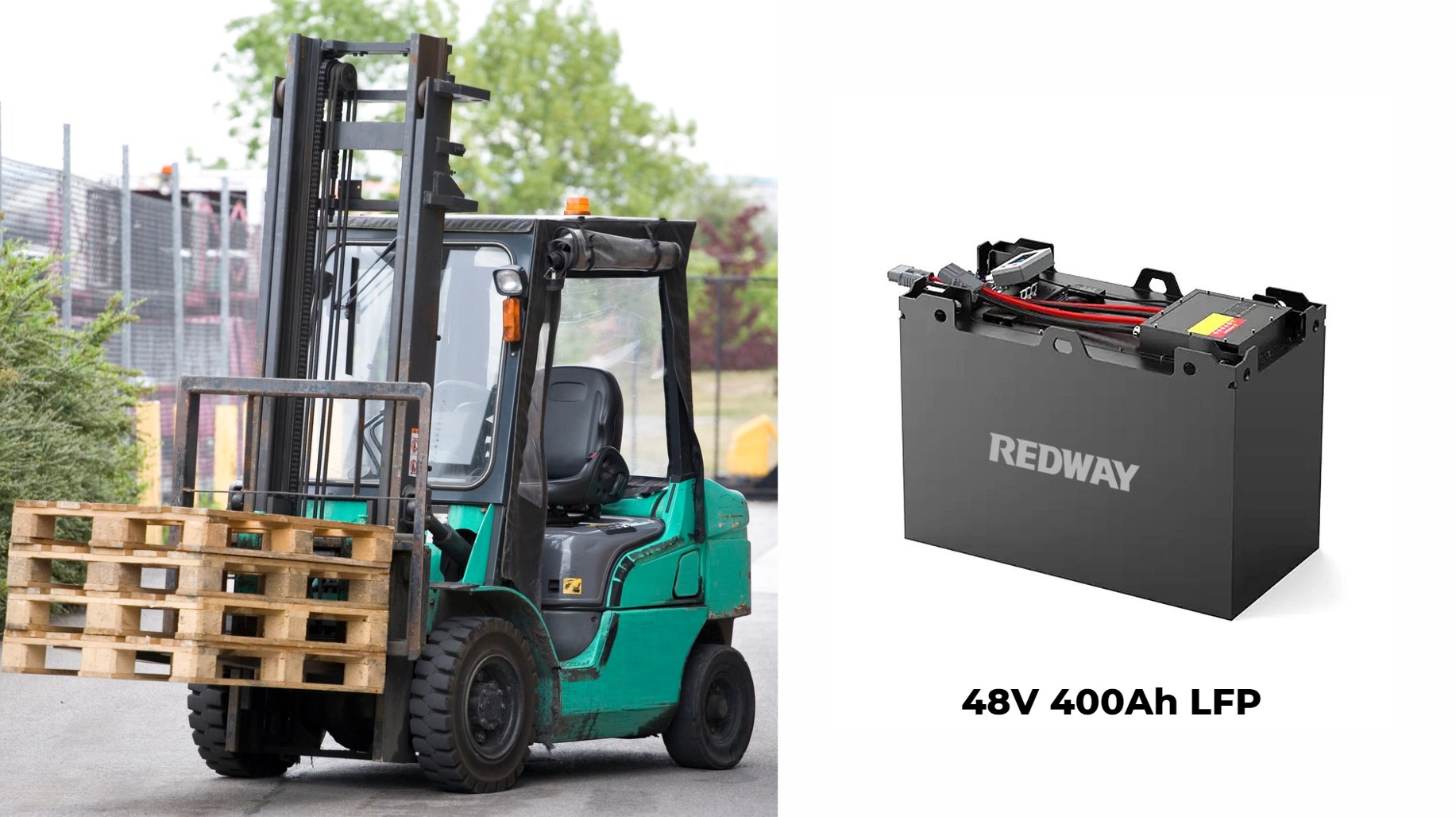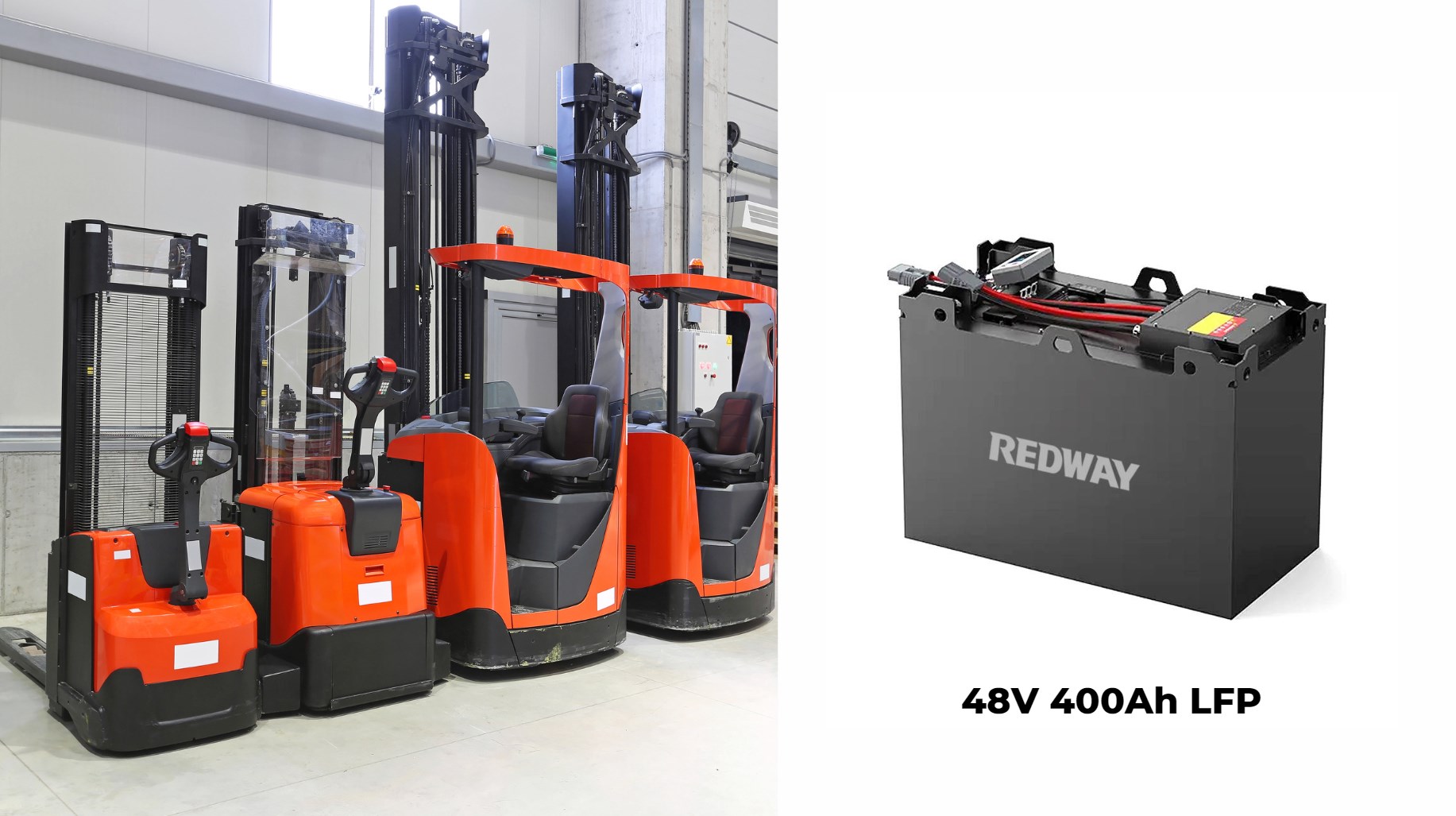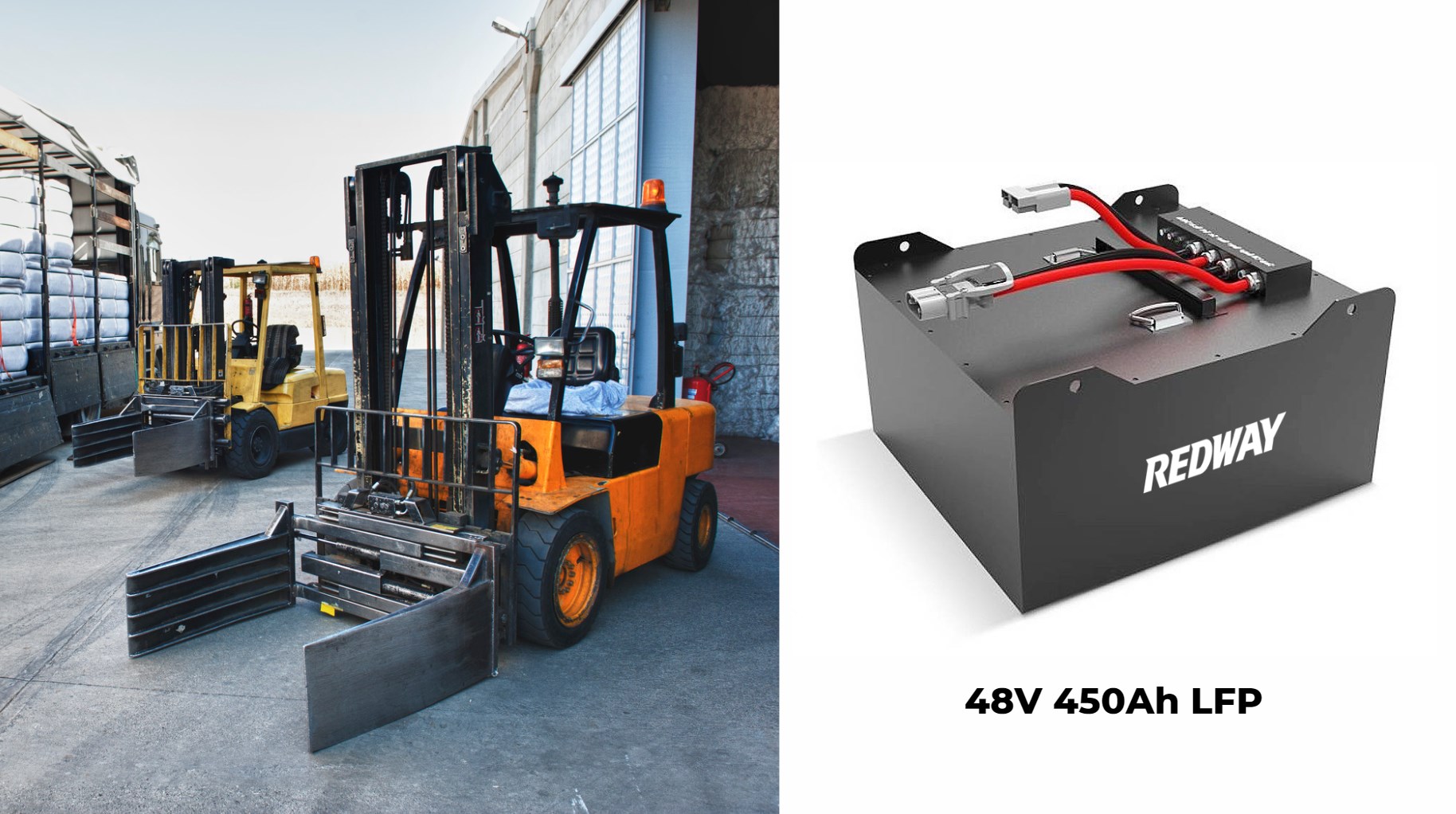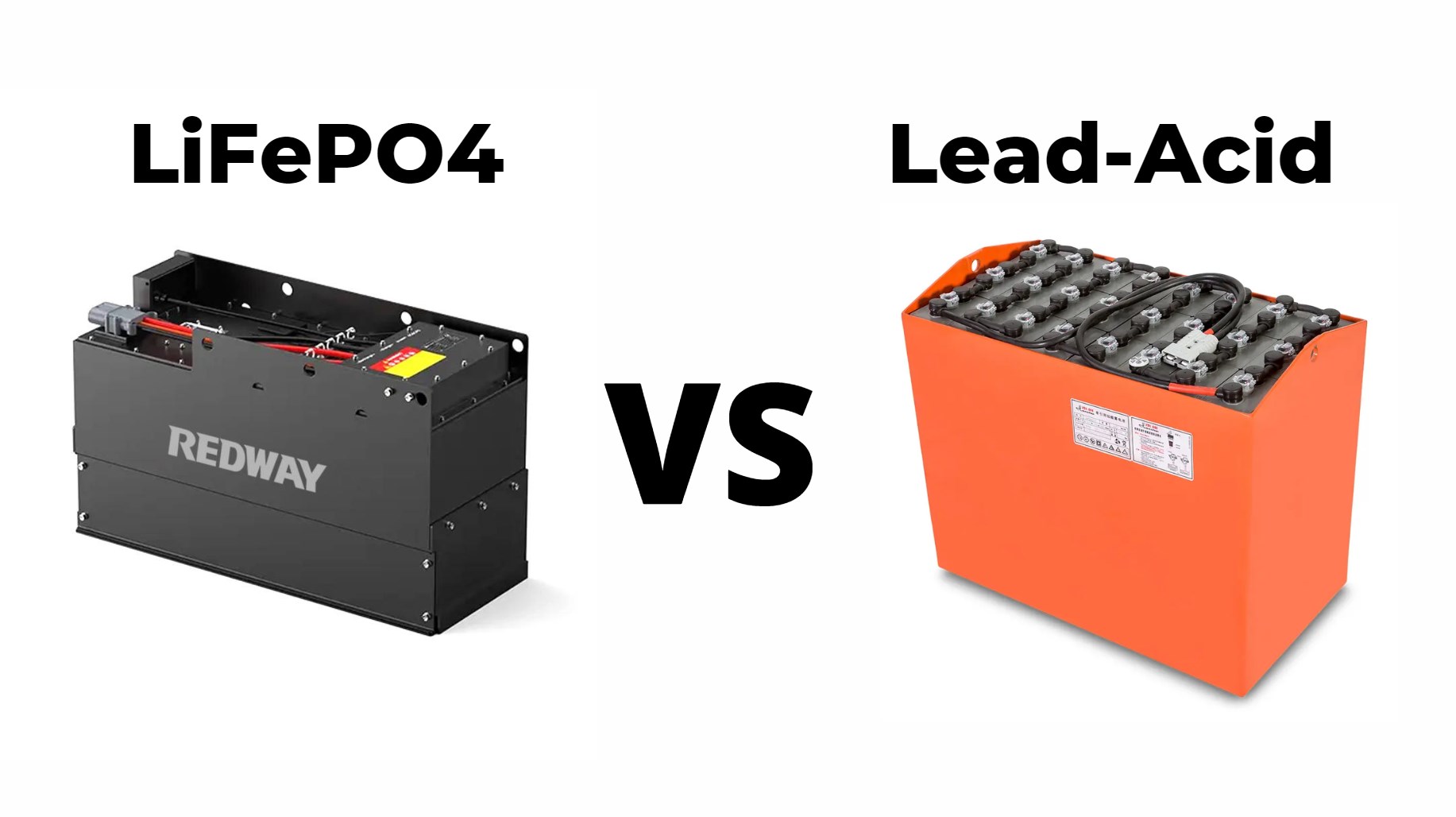What Makes the ROYPOW 48V Lithium Forklift Battery Maintenance-Free?
The ROYPOW 48V lithium forklift battery is maintenance-free due to its sealed design and advanced BMS. It eliminates the need for regular electrolyte checks and watering, reducing labor costs and downtime while ensuring consistent performance throughout its lifespan.
The ROYPOW 48V Lithium Forklift Battery stands out in the industrial sector for its maintenance-free operation, a significant advantage over traditional lead-acid batteries. This attribute not only simplifies battery management but also contributes to cost savings and operational efficiency. Here’s an in-depth look at what makes the ROYPOW 48V Lithium Forklift Battery maintenance-free:
1. Sealed Design and No Watering Required
One of the primary reasons the ROYPOW 48V Lithium Forklift Battery is maintenance-free is its sealed design. Unlike lead-acid batteries, which require regular watering to maintain electrolyte levels, this lithium battery does not need any additional water. The sealed nature of the battery prevents electrolyte evaporation and ensures consistent performance without the hassle of checking and refilling water levels.
2. Absence of Equalization Charging
Equalization charging is a process used with lead-acid batteries to balance the charge across cells and prevent sulfation. However, LiFePO4 batteries, like the ROYPOW 48V, do not require this procedure. The absence of equalization charging simplifies the overall maintenance process and reduces the frequency of necessary interventions, thereby contributing to a more straightforward and user-friendly experience.
3. Advanced Battery Management System (BMS)
The Battery Management System (BMS) integrated into the ROYPOW 48V Lithium Forklift Battery plays a crucial role in its maintenance-free operation. The BMS is a sophisticated control system that continuously monitors the battery’s health. It performs several functions:
- Cell Voltage Monitoring: Ensures that each cell operates within safe voltage ranges.
- Charge Balancing: Balances the charge across all cells to prevent imbalance and enhance battery life.
- Overcharging and Deep Discharge Prevention: Protects the battery from overcharging and deep discharging, which could otherwise lead to battery damage.
This automatic management of the battery’s health and performance minimizes the need for manual oversight and maintenance, ensuring that the battery operates efficiently with minimal intervention.
4. Durability and Longevity
LiFePO4 batteries are renowned for their durability and longevity. The ROYPOW 48V Lithium Forklift Battery is designed to endure more than 3,000 charge cycles, significantly exceeding the lifespan of traditional lead-acid batteries. This extended cycle life, combined with the battery’s resistance to thermal runaway, means fewer replacements and reduced maintenance concerns over time.
5. Minimal Cleaning Requirements
Due to the absence of corrosive materials and electrolyte spills, the ROYPOW 48V Lithium Forklift Battery requires minimal cleaning. Unlike lead-acid batteries that often suffer from acid leakage and terminal corrosion, this lithium battery’s construction prevents such issues, reducing the need for regular terminal cleaning and maintenance.
6. Operational Flexibility
The ROYPOW 48V Lithium Forklift Battery offers exceptional operational flexibility. It can remain installed in the forklift for extended periods without needing removal for maintenance tasks. This characteristic is particularly advantageous in high-demand environments where minimizing downtime is crucial. The battery’s robust design and maintenance-free nature enhance operational efficiency, allowing forklifts to remain productive with minimal interruptions.
Conclusion
The ROYPOW 48V Lithium Forklift Battery is celebrated for its maintenance-free attributes, which stem from its sealed design, lack of need for watering and equalization charging, advanced BMS, and overall durability. These features collectively simplify battery management, reduce operational costs, and improve efficiency, making it an excellent choice for industrial applications where reliability and low maintenance are paramount.
More info
Performance of the ROYPOW Fast-Charging 48V Lithium Forklift Battery with BMS
What Makes the ROYPOW 48V Lithium Forklift Battery Maintenance-Free?
Features of the ROYPOW High-Capacity 48V Forklift Battery with 560Ah
Is the ROYPOW 48V Lithium Forklift Battery UL Certified?
What is the ROYPOW 48V Lithium Forklift Battery F48560X?


